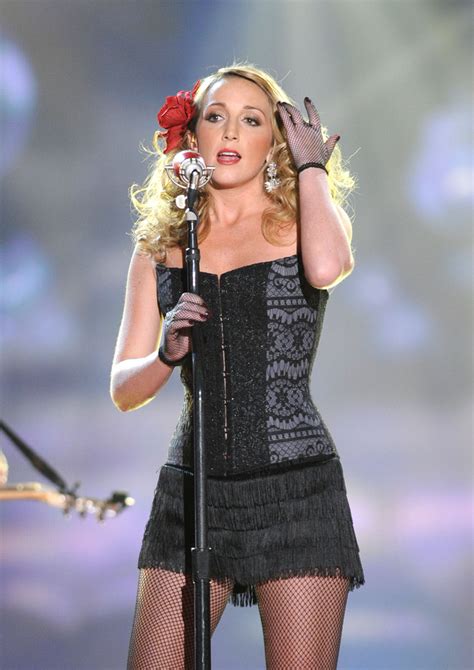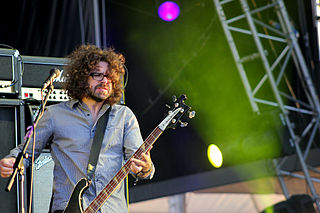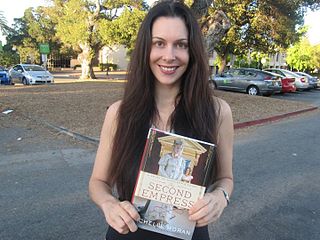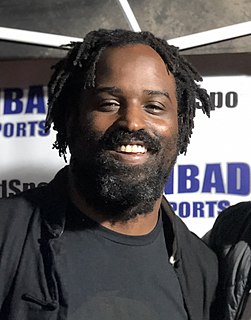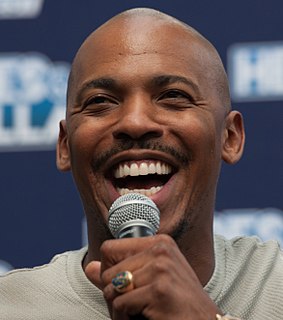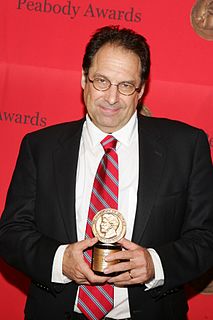A Quote by Matthew Specktor
When I moved to SF in my early 20s, I loved it, but I was absolutely astonished to discover that people there hated L.A. I was just like why? Really? I had no idea.
Related Quotes
In my early 20s, I had this idea that I was going to front a band, like Robert Plant of Led Zeppelin. I didn't just want to be the chick singing ballads about somebody breaking my heart. Everyone in the business said, 'Why don't you do what Olivia Newton-Jonn and Linda Ronstadt are doing?' But I wanted to sing as a powerful female who wasn't afraid to speak her mind or be sexual.
There was a time in my late teens and early 20s where I was motivated by this wanting to get out, to prove to the world that I had something to offer - that kind of youthful spirit, where maybe I had my eye on fame and fortune. I mellowed out in my late 20s and now that I'm in my early 30s, I'm coming to peace with it.
If you're in your early 20s and you're hanging out with a bunch of other people in their early 20s, nobody has a sense of the kinds of problems that real 'workers' run into every day. They're running into a completely different set of problems like 'what's the party going on right now that I should be going to?
If you're in your early 20s and you're hanging out with a bunch of other people in their early 20s, nobody has a sense of the kinds of problems that real 'workers' run into every day. They're running into a completely different set of problems like 'What's the party going on right now that I should be going to?'
The idea of the western, I believe, as people conceive of it, is really an artifact of the Hays Production Code of the '20s and '30s, and it has really nothing to do with the West and much to do with the influence of middle-European Jews who had come out to Hollywood to present to America a sanitized heroic idea of what America was.



